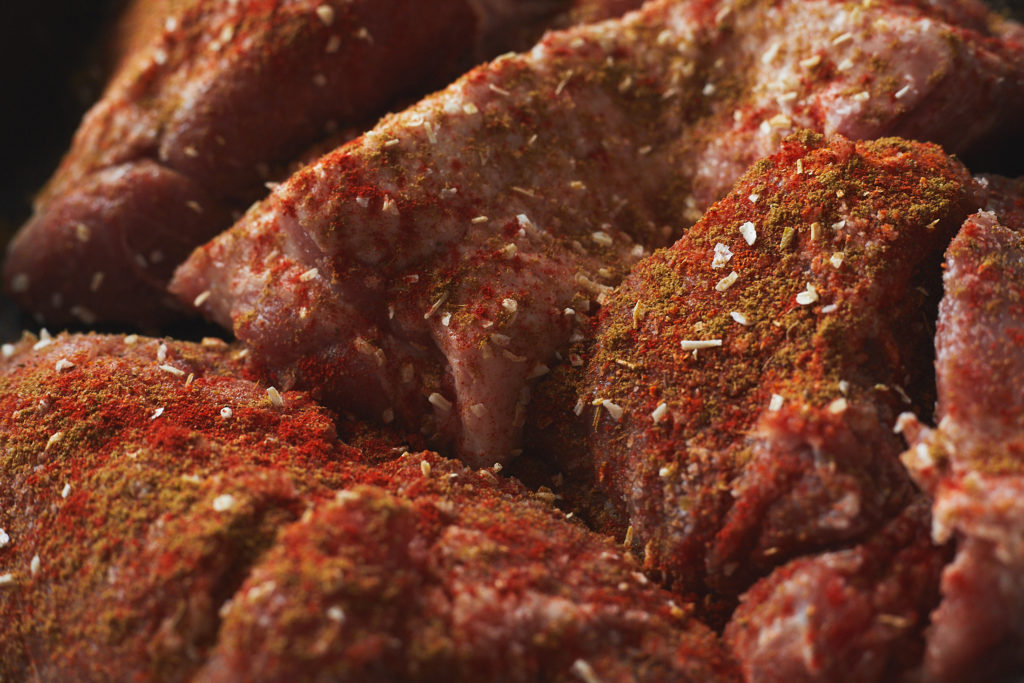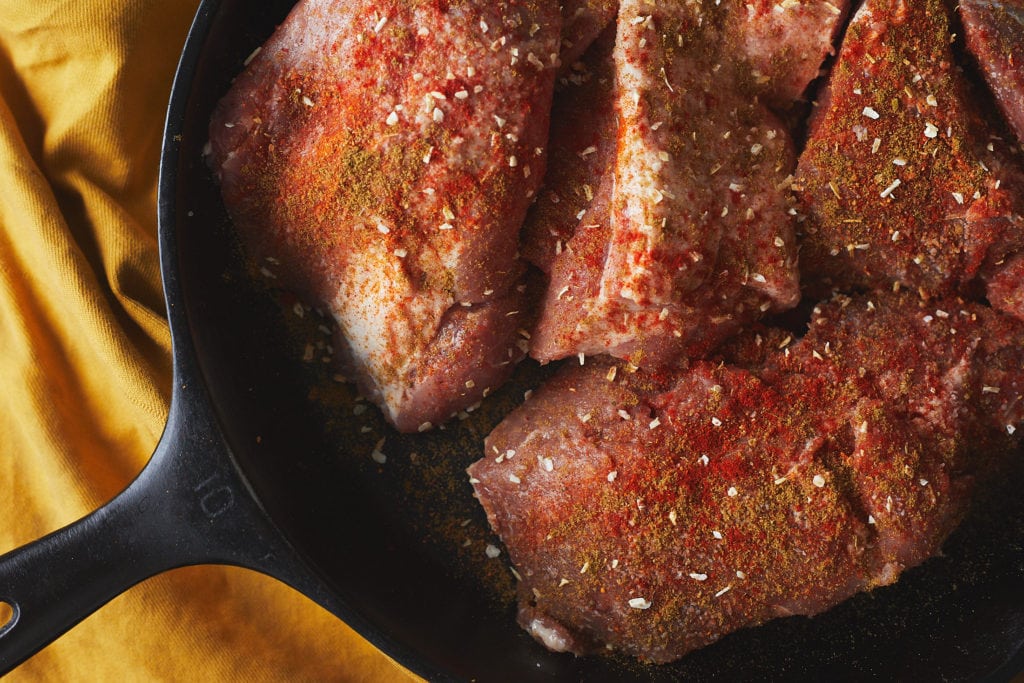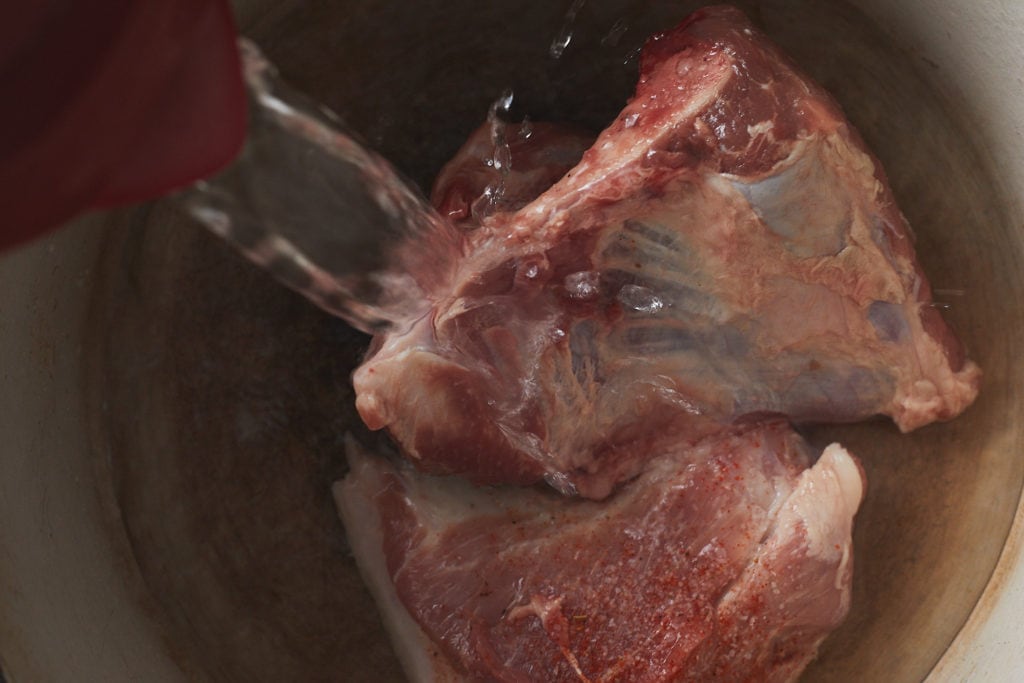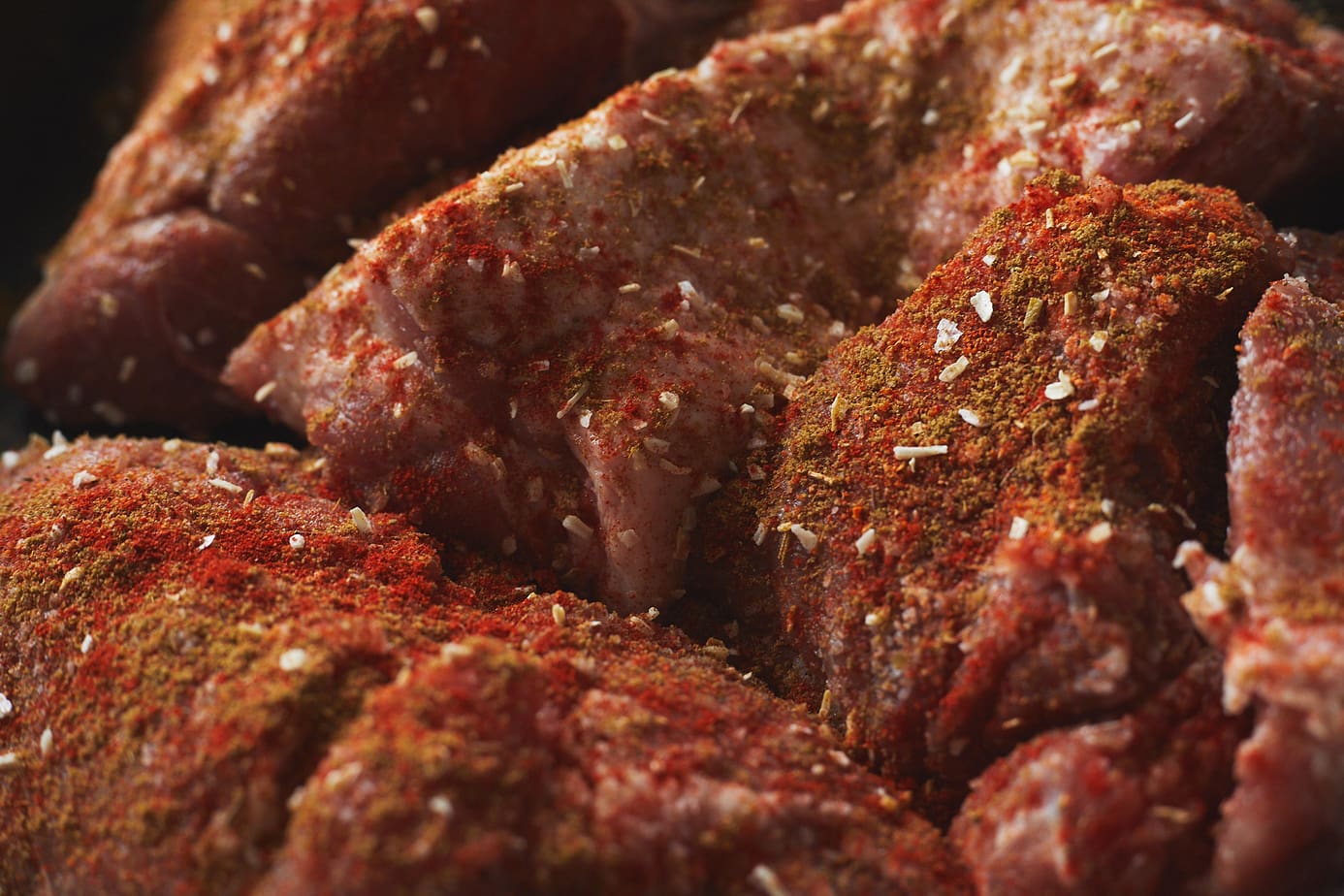
In my experience of learning about BBQ, what first drew me in was pork shoulder. There are so many ways to use it and many cultures use various parts of pigs to great ends and the ethos of using the whole animal the shoulder is typically slow cooked into pulled pork, smoked into BBQ sandwiches, chopped up for stew, made into sausages and so on. The rear legs are typically turned into hams while the front shoulders are cooked in different ways considering the high percentage of connective tissue present.
When considering how to cook a piece of meat you have to look at how it's made up. How much marbling of fat or connective tissue are your starting points. Lean cuts can be cooked quickly, like a loin but the shoulders are totally a different type of cut. Over time, what would be a tough gristly piece of meat falls apart because the fat renders out and the connective tissue breaks down and basically disappears. A good average I've found for cooking the front shoulder of any four legged animal is to give myself an hour for each pound of meat. What that ends up meaning is that when I want to cook a pork shoulder it becomes an all day process. So either I will cook it in advance and freeze it for later use, or what I've recently realized is maybe a better approach.

I've started breaking down the shoulder, following the white lines of connective tissue in the meat and cutting out the bone present. I make what are approximately 1 pound chunks, put them on a rack to season, toss into a cast iron for 45 minutes at 450 degrees F, and then cover and drop the temp down to 280-300 and let them cook for another hour covered. A six lb shoulder turns into soft perfectly cooked meat in less than half the time, you get more of that precious outer bark seasoning layer and can eat sooner. This time I'm cooking a bunch in advance but I could have frozen some of the pieces for future use.

Another passion of mine is Ramen, which requires bone broth. So I'll take the shoulder bone and a fatty section of pork and add some water to slowly simmer on low for 8 hours. The pork and bone are later removed and I'll add a miso paste to taste and that stock is either used right away or refrigerated/frozen for later use. I have a hard time finding ramen in eastern Iowa where I live that's really up to snuff so I've resorted to just making it from scratch. I'd highly recommend making your own bone broth and using it as a starter for whatever soup or stew you're making. I've added it to chili, stews and so on and it's magnificent. There are apparently tons of beneficial healing qualities to the nutrients found in bone broth that you could research endlessly online so I won't bore you with that here. I'm just here to encourage you to look for more ways to get more deliciousness and nutrition out of your meals. Meat requires the life of an animal and we should not only strive to source humanely farmed or hunted animals but also honor them with beautiful rituals like an amazing meal. Not wasting or overlooking any part of an animal is about respect, for me.
Having been vegetarian for quite some time in my early twenties and in general wanting to just eat more ethically I've searched for the best diet for myself. I've reduced my consumption of factory farmed meats by finding good local providers of quality product that do so in a way that doesn't pollute as much and am quickly moving towards trying to actually hunt as much of my meat as possible if I'm going to continue to consume meat. That maybe sounds brutal to some people but personally I find that being a part of the process at every stage to be very sobering and essential to a respectful death for another living being. Also there are absurd amounts of certain kinds of meat that are actually invasive species due to the way that we as humans have taken over North America. Wild hogs are a big problem in the south and do a lot of damage to habitat that other animals need. Deer need culling to stay at healthy numbers. Without other predators to keep them in check, our wild lands would be quickly eroded into completely different habitats. So I'm dedicating time and funds into this adventure this coming year. Not just because of my lust for meat but also knowing that my direct action can restore a small bit of balance to the ecosytem and also that the funds I put into the activity through taxes on hunting and fishing gear and the licenses I purchase will DIRECTLY go to habitat and wildlife preservation.

